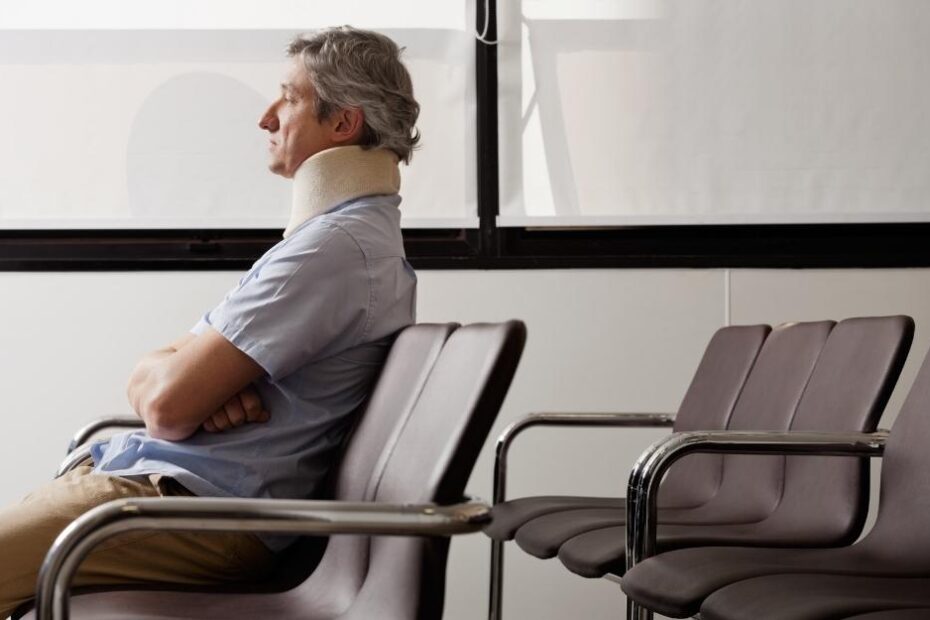Unrepresented in Your Motor Accident Claim
There are many reasons a person who is injured in a motor vehicle accident may wish to make a compensation claim on their own. They may not wish to spend money on legal representation either due to their financial circumstances or because they do not wish to ‘share’ the proceeds of a payout. Others may have had bad experiences pursuing past compensation claims.
But people who make a compensation claim as an ‘unrepresented claimant’, as they are known, should be wary of the pitfalls.
Motor vehicle accident compensation claims can be complex. People injured in an accident after 1 December 2017 will initially be covered for the costs of medical treatment and lost wages under NSW’s no-fault scheme, continuing to receive benefits after the first six months or making a common law claim based on the negligence of another driver requires a lot more work.
Probably the biggest disadvantage an unrepresented claimant faces is knowing what their entitlements are and how they are calculated. It is in the insurer’s interest that it makes the lowest offer it can get away with and the insurer’s only obligation is to provide disclosure about the manner in which the system works and not advice about how much a claim is worth.
The challenges of representing yourself
It is therefore important that advice is available, and evidence is obtained to ensure that your claim can be properly represented.
Evidence from the day of the accident and its immediate aftermath is essential to a well-rounded compensation claim. Statements of witnesses to the accident, police reports, and medical assessments are all required to support the claim. For a person who may not be familiar with collecting such evidence and is also recovering from the injury for which they’re claiming, this can be a grueling and daunting process if liability is in issue.
As mentioned, while some benefits are accessible immediately to an injured motorist under the no-fault scheme, benefits will then end if you were responsible for the accident, or your injuries are assessed as minor. Additional entitlements may be possible if a person’s injuries exceed a certain ‘whole person impairment’ (WPI) in an expert medical assessment. Again, this process can be complicated and confusing to navigate for a person without a background in compensation or law.
Early offers to settle
In some cases, an insurance company will approach an injured person make a compensation claim, and offer a sum of money to end the claim.
For many people, this will be very tempting, particularly if they’re already experiencing fatigue and frustration as a result of the claims process. But an unrepresented claimant needs to be cautious of rushing to accept a settlement. Often the amount proposed will not accurately reflect the pain and loss the injured person has suffered. Some offers may also end a person’s right to make a common law claim for damages, which may eventually yield a higher payout.
Instead, a legal professional with experience in how motor vehicle accident claims are approached by insurers can counter the company’s claims that its client is not responsible, or only partially responsible for the accident. A good compensation lawyer can help negotiate an outcome that protects the interests of an injured person and achieves a result appropriate to the burden they’ve suffered as a result of the accident. If an offer is accepted, it will end once and for all, an entitlement to damages.
Common law damages claims
Those who are more seriously injured in a motor vehicle accident that was not their fault may be able to apply for lump sum compensation. Such claims must be made within three years of the accident. For those whose WPI assessment is 10 per cent or less, a claim must be made between 20 months and three years. For those with a WPI over 10 per cent, the claim can be made any time.
The CTP insurers will quite often send an Application for Damages Under Common Law at about the time that claim can be pursued. If the claim is filed with the insurer, then the insurer will usually be ready to discuss settlement after particulars of the claim have been provided.
The better the evidence that is provided in support of a claim, the better the outcome is likely to be.
Speak with compensation experts
Our personal injury lawyers at BPC Lawyers is an award-winning legal firm that specializes in compensation and will take on your case on a no win-no pay basis. This removes one of the reasons many people go unrepresented in pursuing compensation – the fear of upfront legal costs.
If you’ve been involved in a motor vehicle accident and are uncertain about the next steps, contact us today for an initial assessment of your case.
